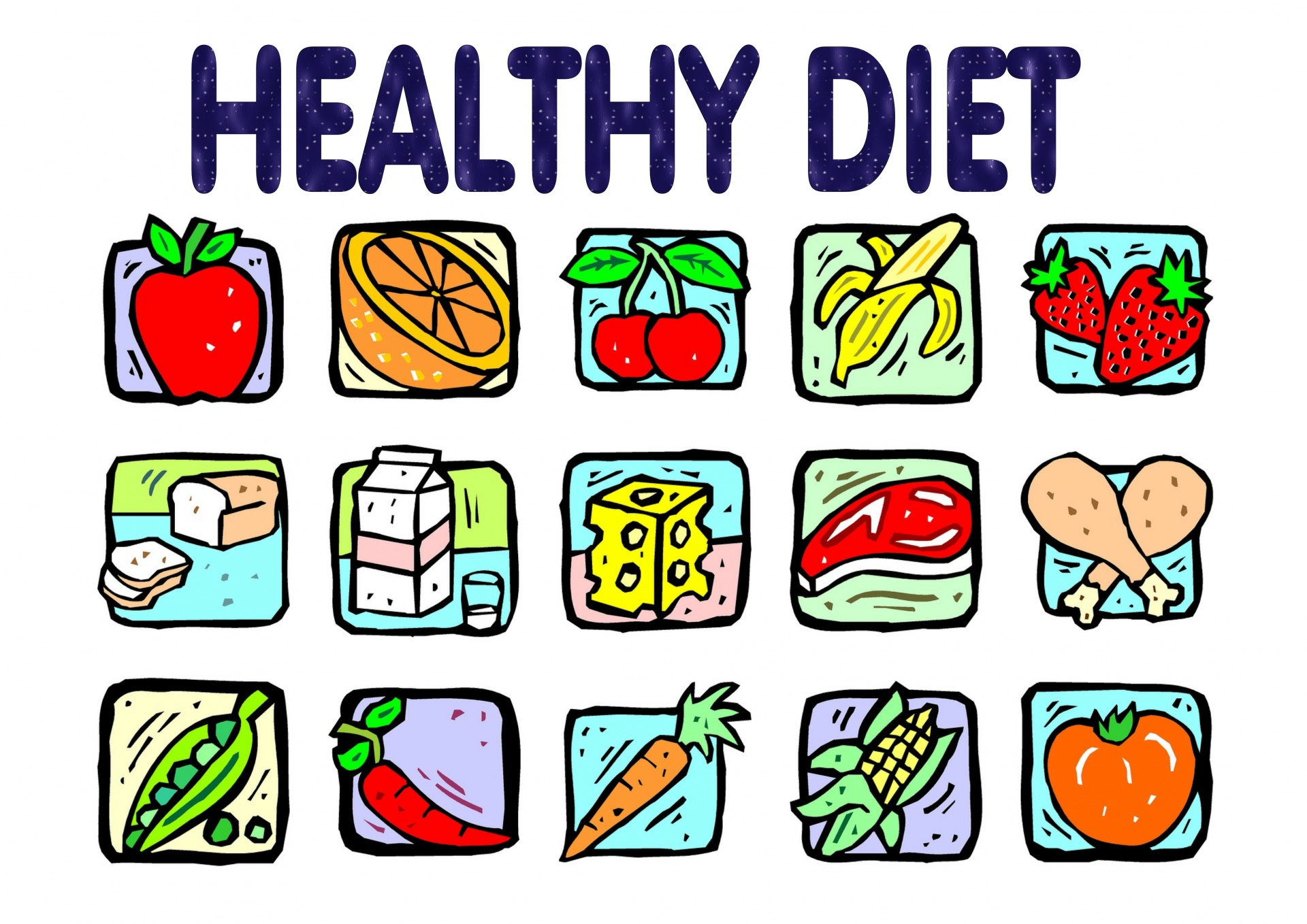
These diet plans include the Mediterranean diet, the DASH diet, and plant-based/flexitarian diets. Each plan has its own set of guidelines, health benefits, and potential downsides.
- The Mediterranean Diet:
- How it works: Based on traditional foods from countries like Italy and Greece, it emphasizes vegetables, fruits, whole grains, fish, nuts, and olive oil. It limits red meats, processed meats, and highly processed foods.
- Health benefits: Associated with reduced risk of chronic diseases, increased life expectancy, weight loss, and decreased risk of mental disorders.
- Other benefits: Offers a more sustainable diet for the planet.
- Downsides: Emphasis on dairy products is limited, so it’s important to ensure adequate calcium and vitamin D intake.
- The DASH Diet:
- How it works: Designed to treat or prevent high blood pressure, it emphasizes fruits, vegetables, whole grains, lean meats, and low salt intake.
- Health benefits: Shown to reduce blood pressure levels, lower heart disease risk, and aid in weight loss. It may also help combat depression symptoms.
- Other benefits: Moderate adherence to the DASH diet is related to lower depression risk.
- Downsides: Mixed evidence on salt intake and blood pressure, and a low sodium diet isn’t suitable for everyone.
- Plant-Based and Flexitarian Diets:
- How it works: Plant-based diets restrict or limit animal products, while the flexitarian diet allows occasional consumption of animal products.
- Health benefits: Associated with reduced risk of chronic diseases, improved metabolic health, decreased blood pressure, reduced risk of type 2 diabetes, and weight loss.
- Other benefits: Decreasing meat consumption can lead to a more sustainable lifestyle by reducing greenhouse gas emissions, deforestation, and soil degradation.
- Downsides: Plant-based diets may be difficult to maintain and feel restricting, while being too flexible with the flexitarian diet may counteract its benefits.
Ultimately, the best diet plan for an individual depends on their specific health goals, preferences, and lifestyle. It’s important to consult with a healthcare professional or a registered dietitian before making significant changes to your diet.







